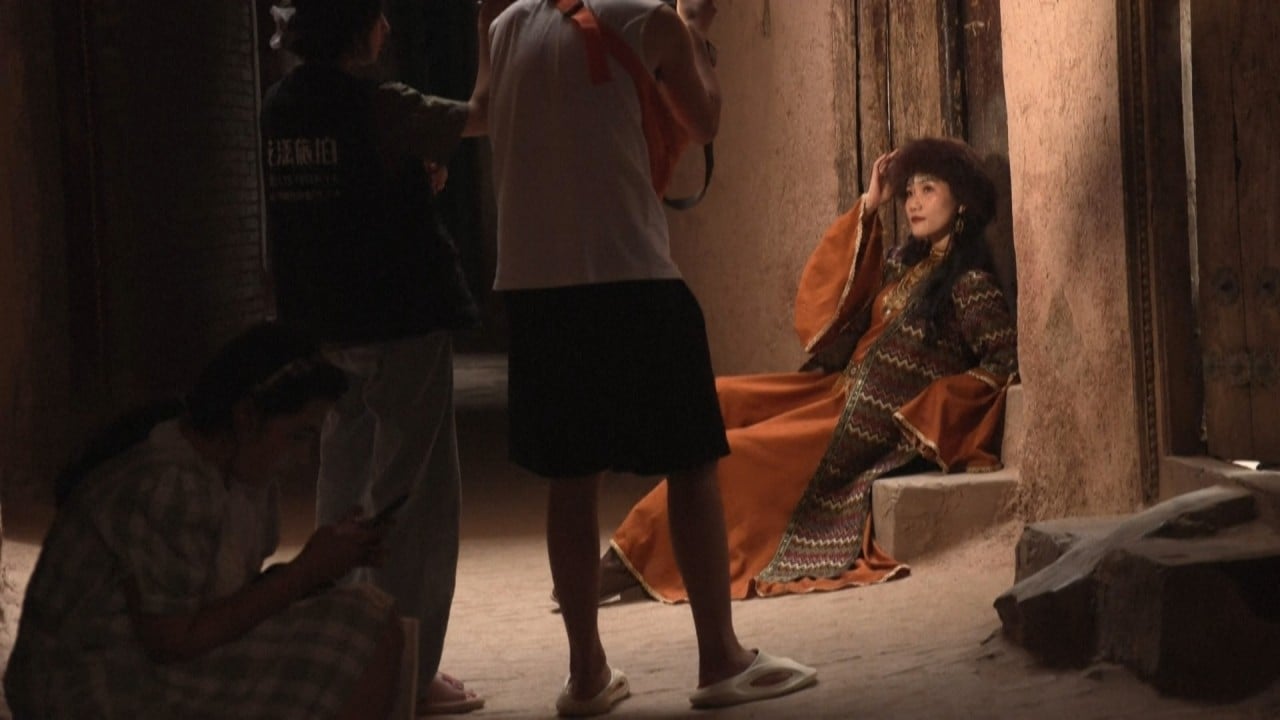
China’s ethnic affairs officials urged to promote integration of minority groups
- Senior ethnic affairs policy directors gather for meeting to outline goals for this year
- The objectives include addressing ‘hidden dangers’ and launching cultural initiatives that ‘reflect the commonality of the Chinese nation’
The meeting noted that efforts should be made to “build a system of historical materials, a system of discourse and a system of theories on the community of the Chinese nation” and to “scientifically reveal the reasons, theories and philosophies of the formation and development of the Chinese nation”.
It called for efforts to launch cultural products and exhibits that “reflect the commonality of the Chinese nation” to “fully demonstrate Chinese cultural heritage”.
It also outlined the goal of addressing risks and “hidden dangers” in the field of ethnic affairs and safeguarding ethnic unity and stability.
Ethnic grievances were once a major source of tension in Chinese society, especially in Tibet and Xinjiang. Beijing has largely brought down the intensity of those tensions in recent years, but has been widely criticised for the security and cultural policies that were used during the process.
“Efforts should be made to let people cultivate awareness that people from all ethnicities are in the same community, where they share weal and woe and stick together through thick and thin,” he was quoted as saying at the time by state news agency Xinhua.
The commission is responsible for drafting laws regarding China’s policies towards its ethnic minority groups as well as implementing those laws and regulations.
Pan is also a deputy head of the United Front Work Department, the body responsible for liaising with non-party groups, overseeing the country’s ethnic and religious issues and overseas Chinese affairs.
The Tuesday meeting also called for efforts to make economic development “a process of forging a sense of community of the Chinese nation”.
It also emphasised “strengthening the party’s centralised and unified leadership on ethnic affairs” to promote “strong synergy for the party’s work on ethnic affairs in the new era”.

.JPG?itok=zUDwoZRB&v=1701240446)
